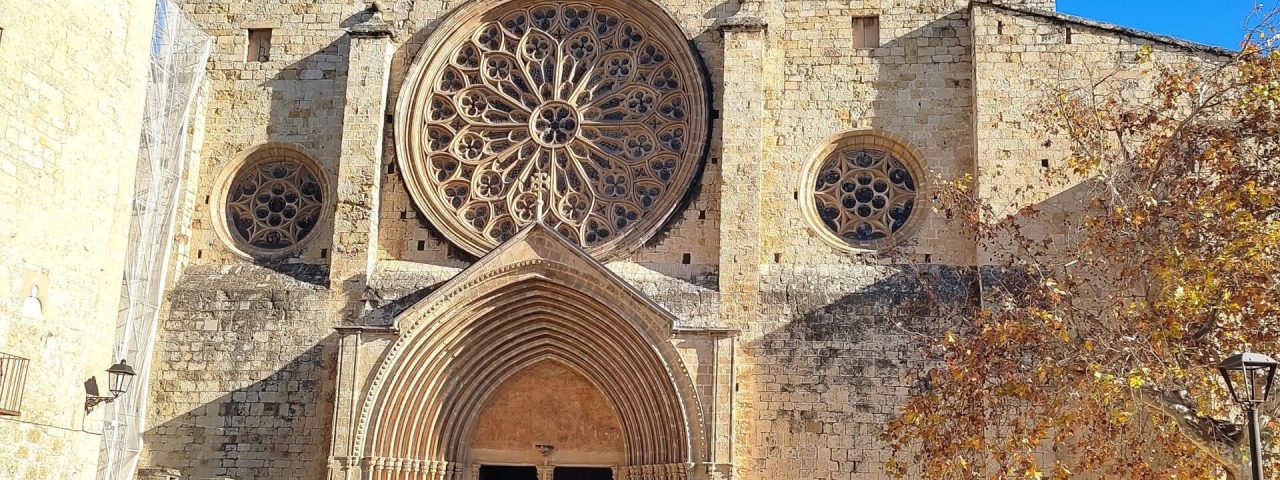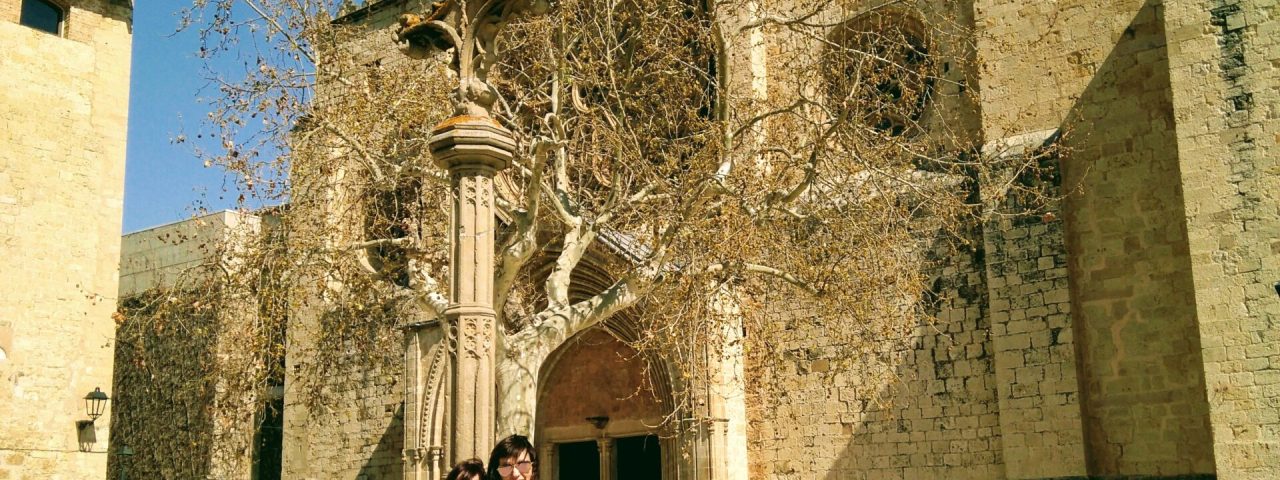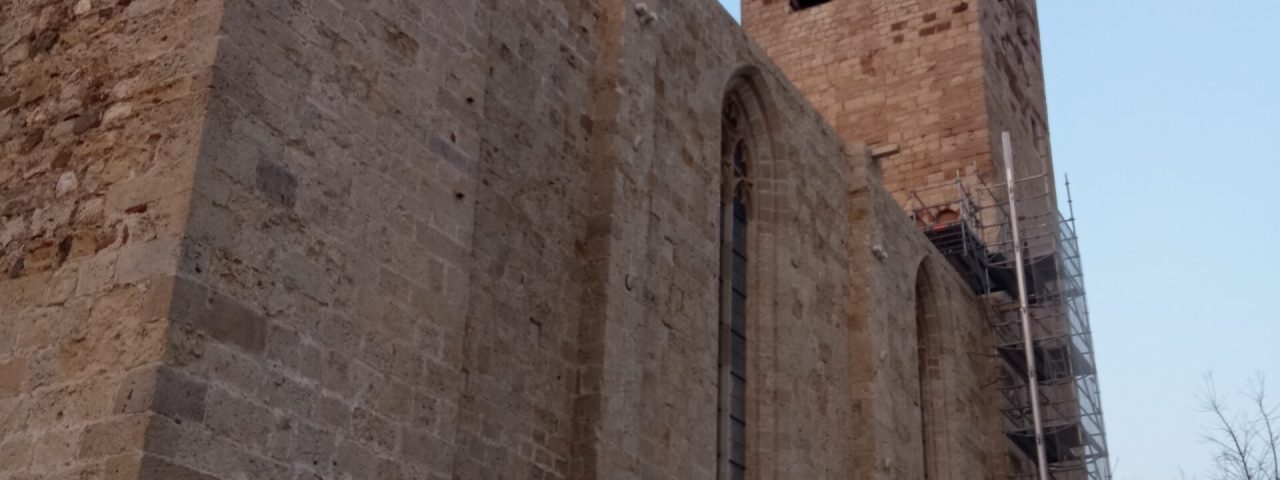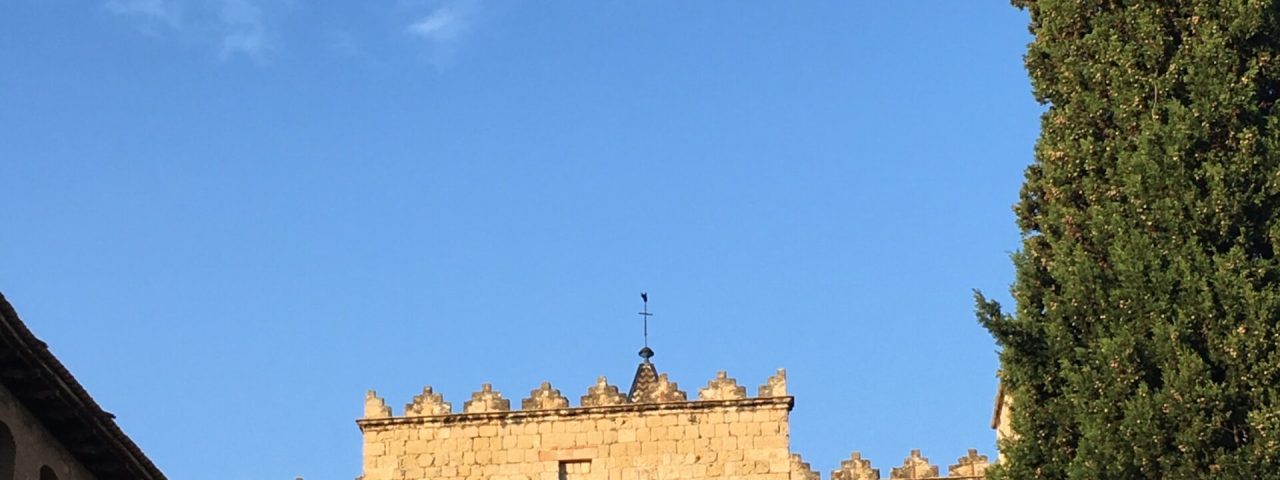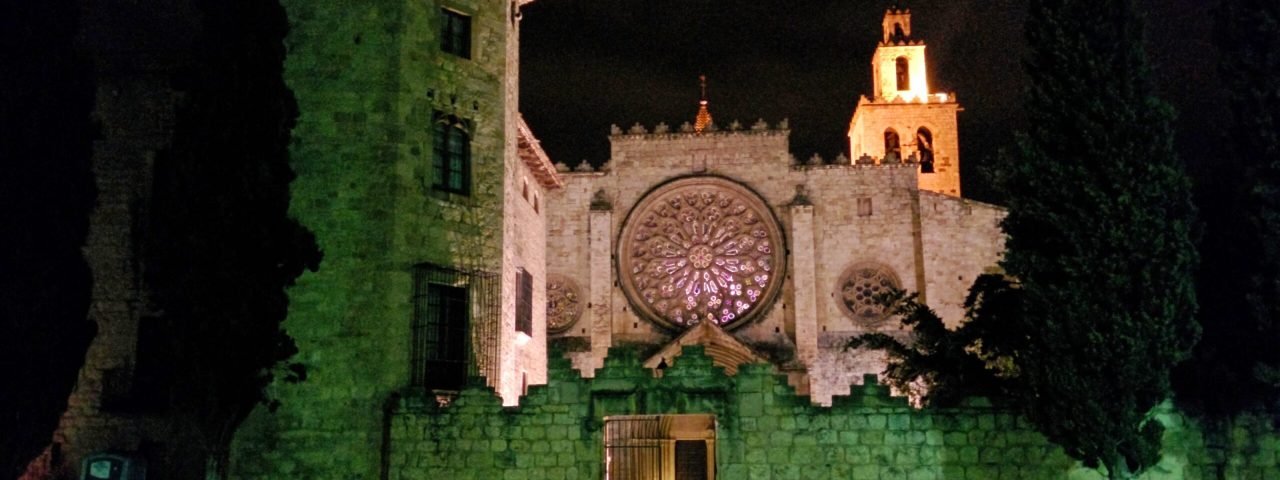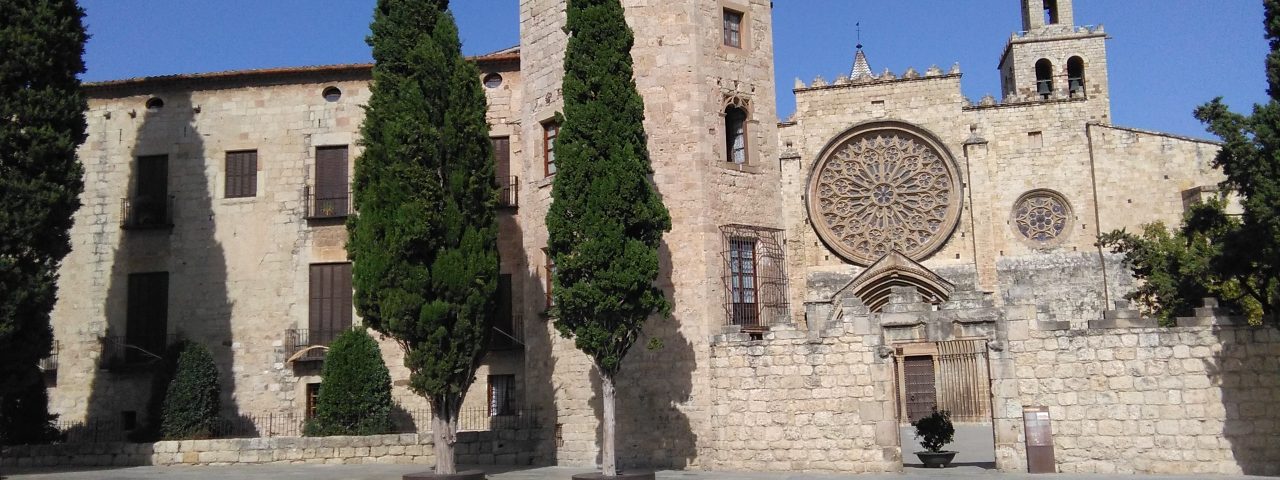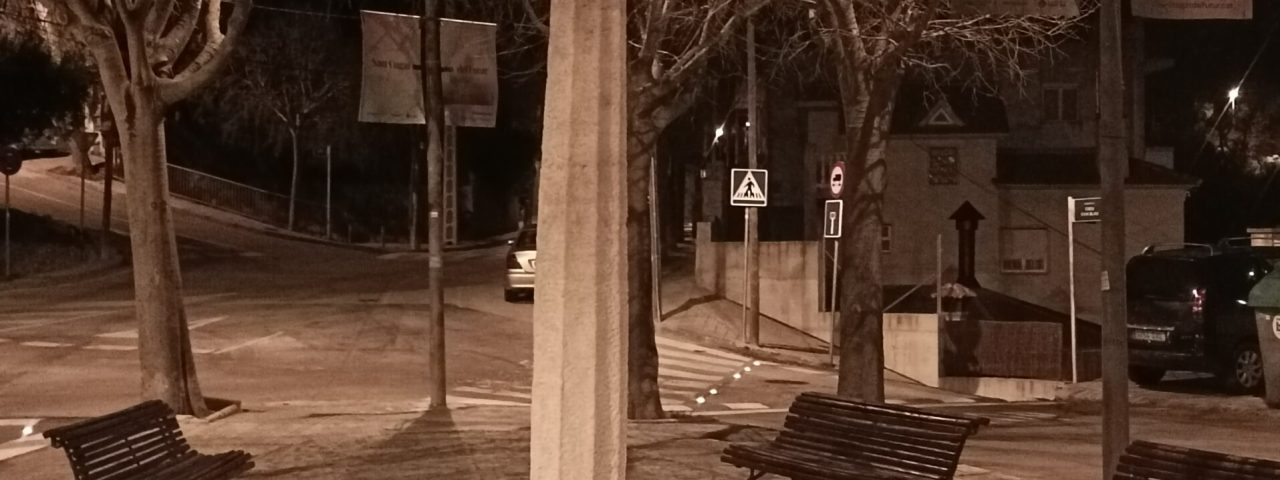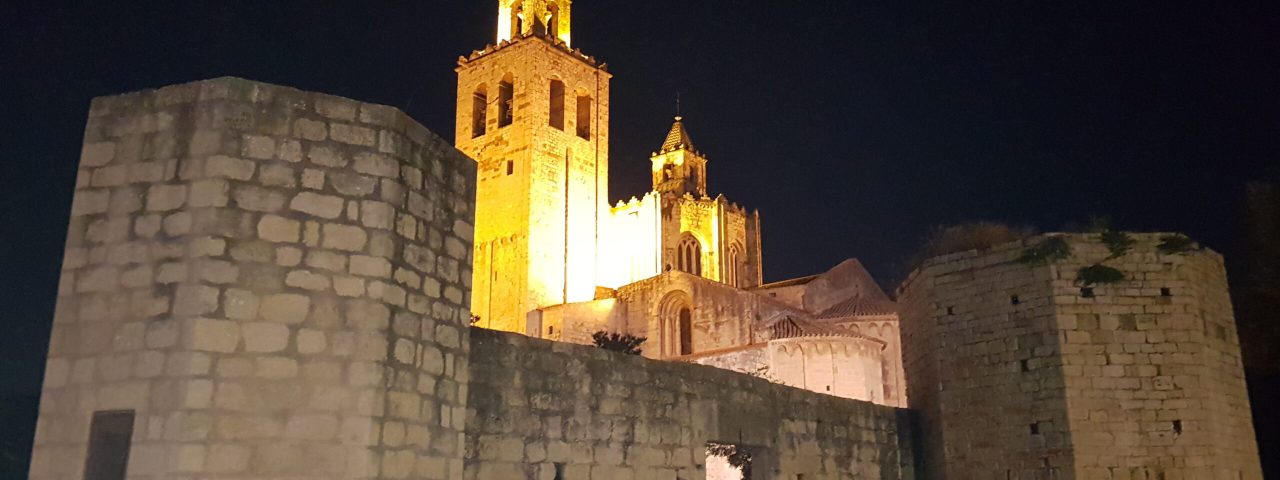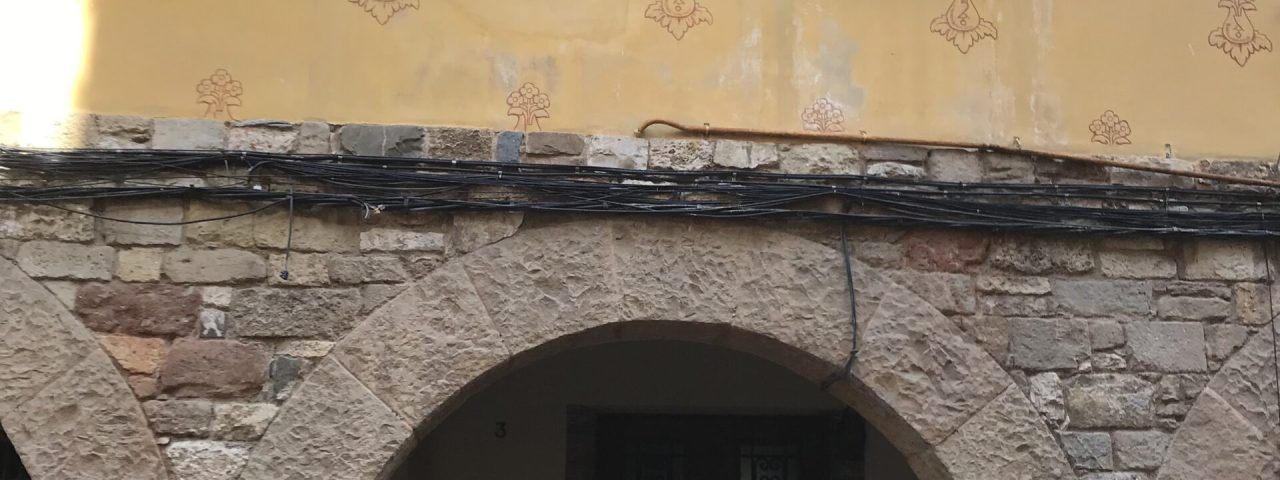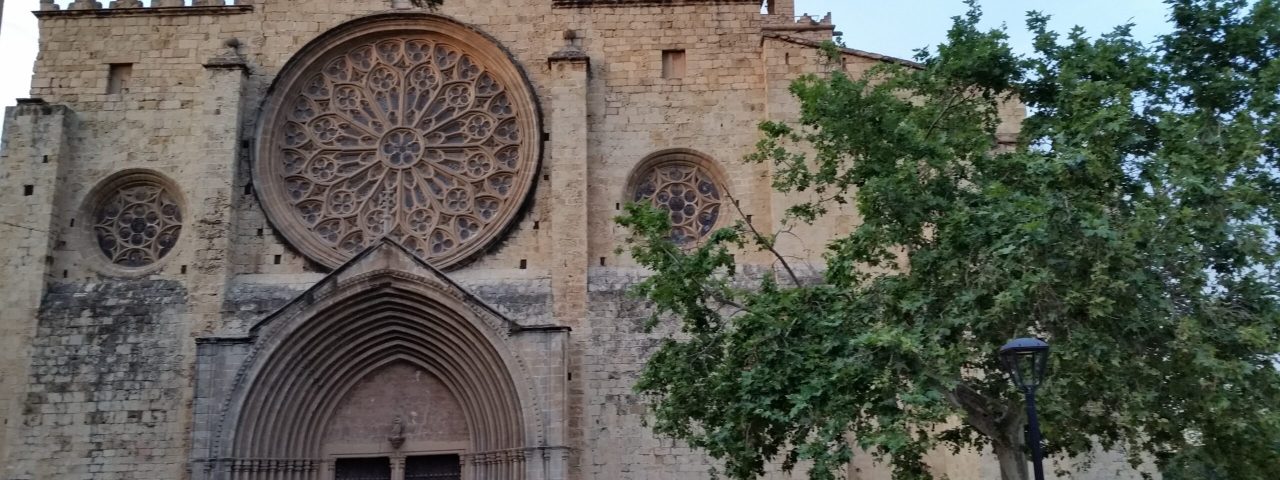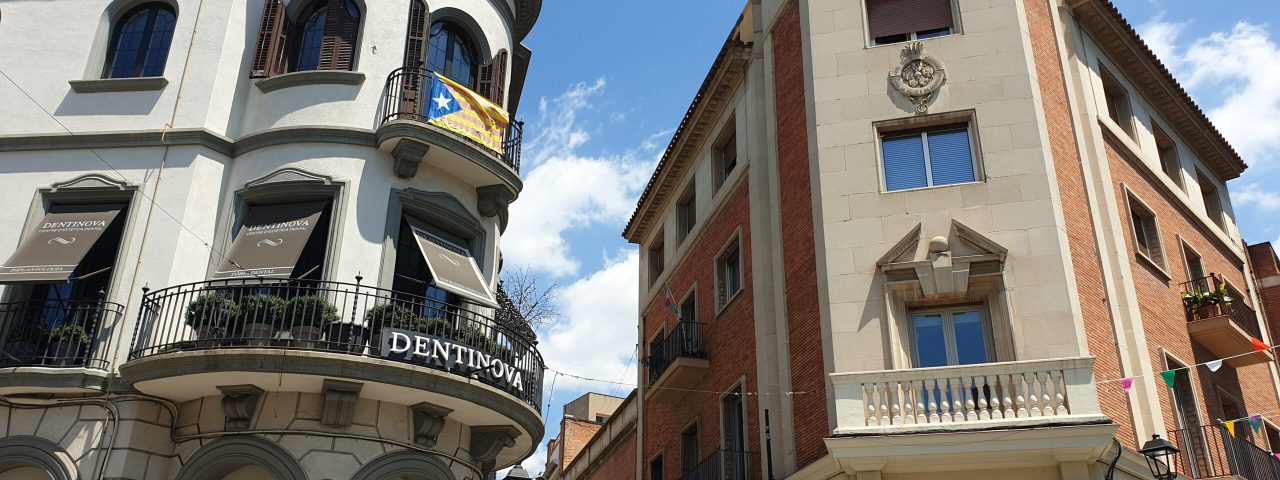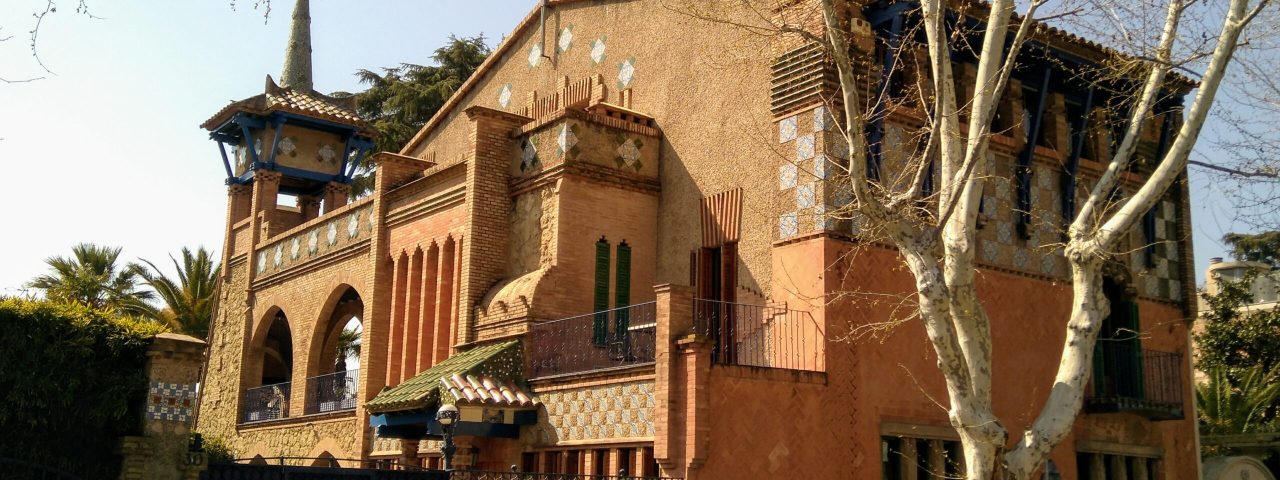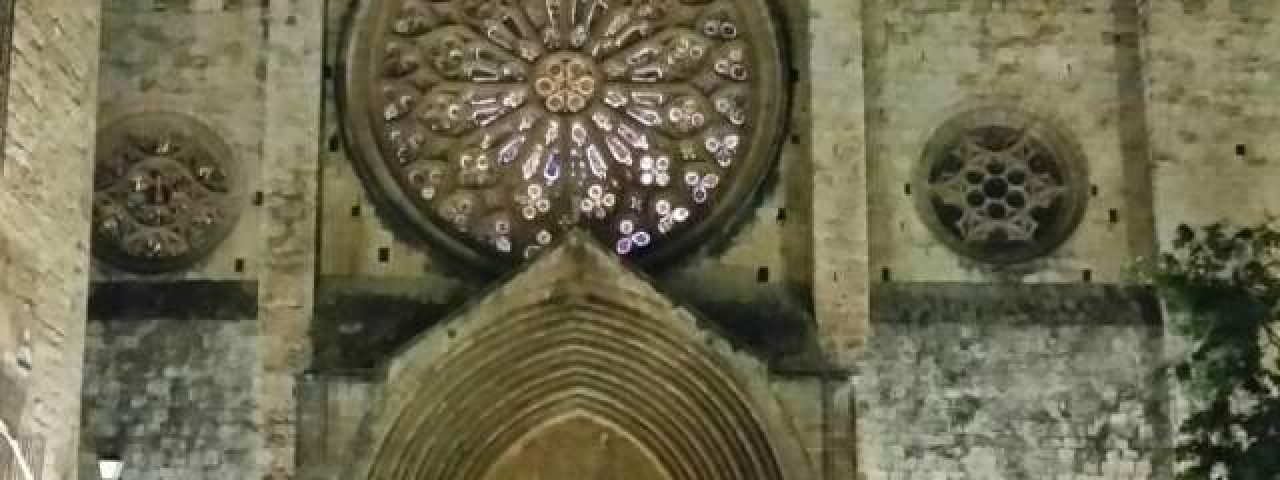The history of Sant Cugat del Vallès dates back to Roman times, with archaeological findings indicating early settlements. The city’s most significant historical landmark, the Monastery of Sant Cugat, was founded in the 9th century and became one of the most important Benedictine monasteries in Catalonia. Throughout the Middle Ages, the monastery played a central role in the region’s religious and cultural development.
Cultural traditions are deeply ingrained in the city’s identity. Festivals like the Festa Major, celebrated in late June, showcase traditional Catalan music, dance, and cuisine. The city also observes the Diada de Sant Jordi (Saint George’s Day) with great enthusiasm, turning the streets into a vibrant display of books and roses, symbolizing culture and love.
Local customs often reflect the broader Catalan heritage, emphasizing community, art, and gastronomy. The city supports numerous cultural institutions, including theaters, art galleries, and music schools, fostering a rich cultural scene that both residents and visitors can enjoy.
